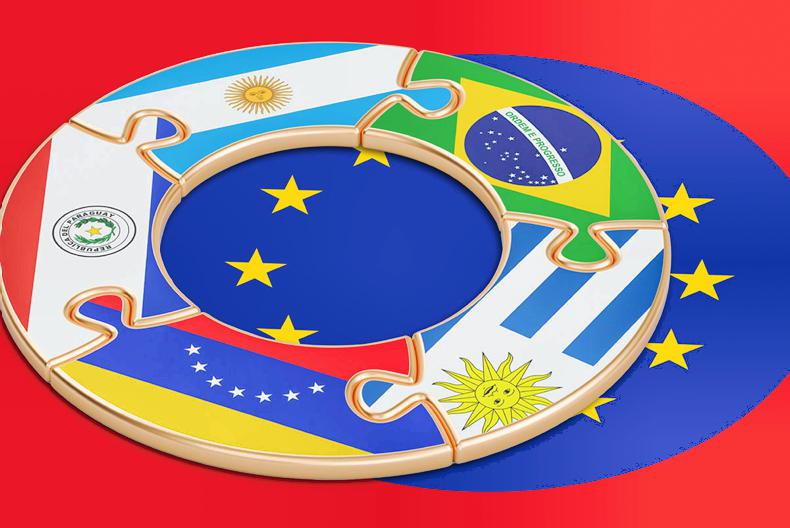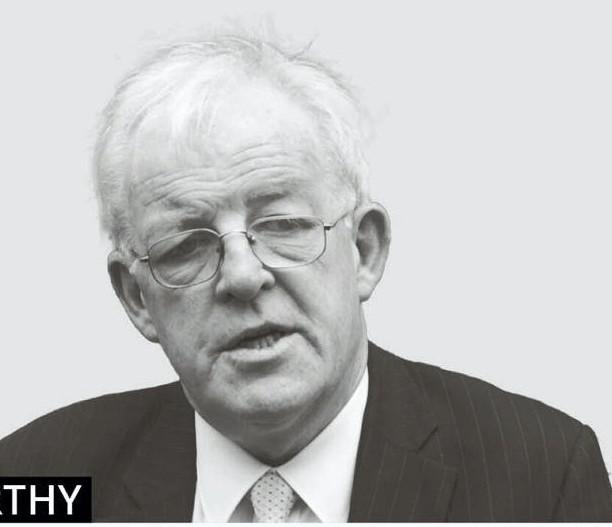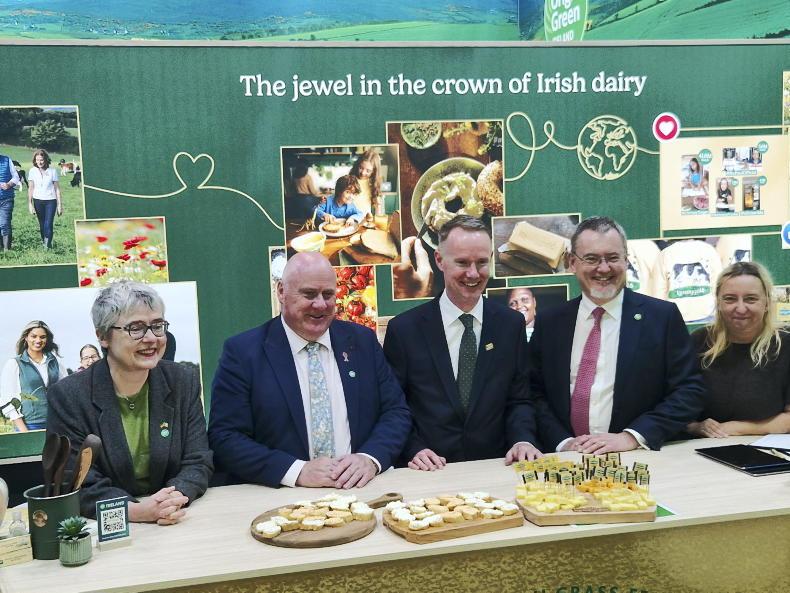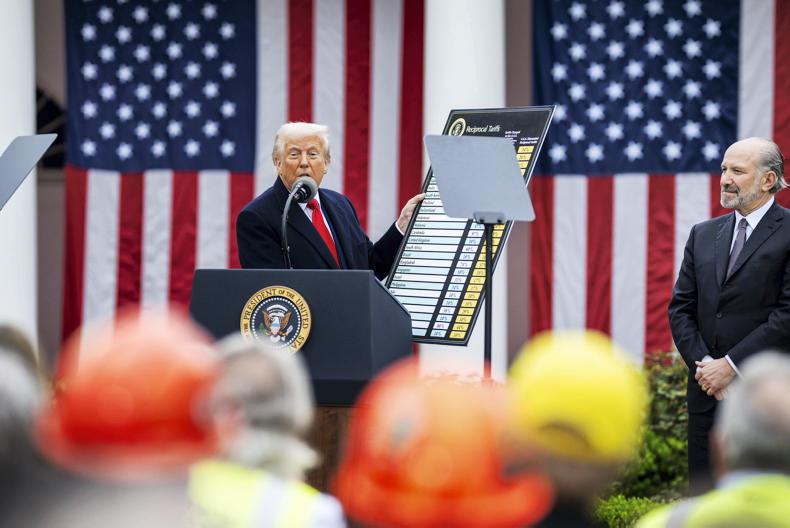An unwillingness from the South American trading bloc Mercosur to make credible offers on protections for geographical indicators (GI) has stalled trade negotiations with the EU.
John Clarke, European Commission director of international relations at DG Agri, has said agreement over GI protection was one of the last remaining obstacles to an agreement. Offers in sectors of European interest such as dairy, wine and olive oil are also yet to be made.
Names like Rioja wine and Gorgonzola cheese have special status in the EU but are contested in some Mercosur countries.
Clarke said while the new Brazilian government was more constructive than the previous one, it is still hard to say when a deal might be struck.
Australia and New Zealand
As part of an update provided to MEPs on the European Parliament’s Agriculture Committee, Clarke outlined progress in negotiations with Australia and New Zealand.
Similar to Mercosur, Australia is yet to move on its opposition to GI protection. No offers have been made on market access yet, but Clarke reassured MEPs that the Commission remained aware of sensitivities surrounding the beef and sheep sectors.
New Zealand is a more nimble partner, according to Clarke, and first market access offers were exchanged a number of weeks ago. However, no offers were made on the sensitive sectors of beef, dairy and sheep which will only be considered at the end of the negotiations.
America
While the trade wing of the EU Commission is agreeing a mandate to enter talks with the US, agriculture will not be included. However, an agreement has been struck over the US’s portion of a 45,000t quota for hormone-free beef to enter the EU tariff free.
Clarke stressed this would not have an impact on the EU beef market as the quota was not being increased. The US is receiving a set amount of the 45,000t which is currently open to other countries such as Uruguay and Australia.
The US had threatened the EU with a list of trade sanctions totalling €114m if an agreement was not secured. Clarke said the US were legally entitled to do so and added there was a high risk that that with one tweet the suspended sanctions could be implemented.









SHARING OPTIONS